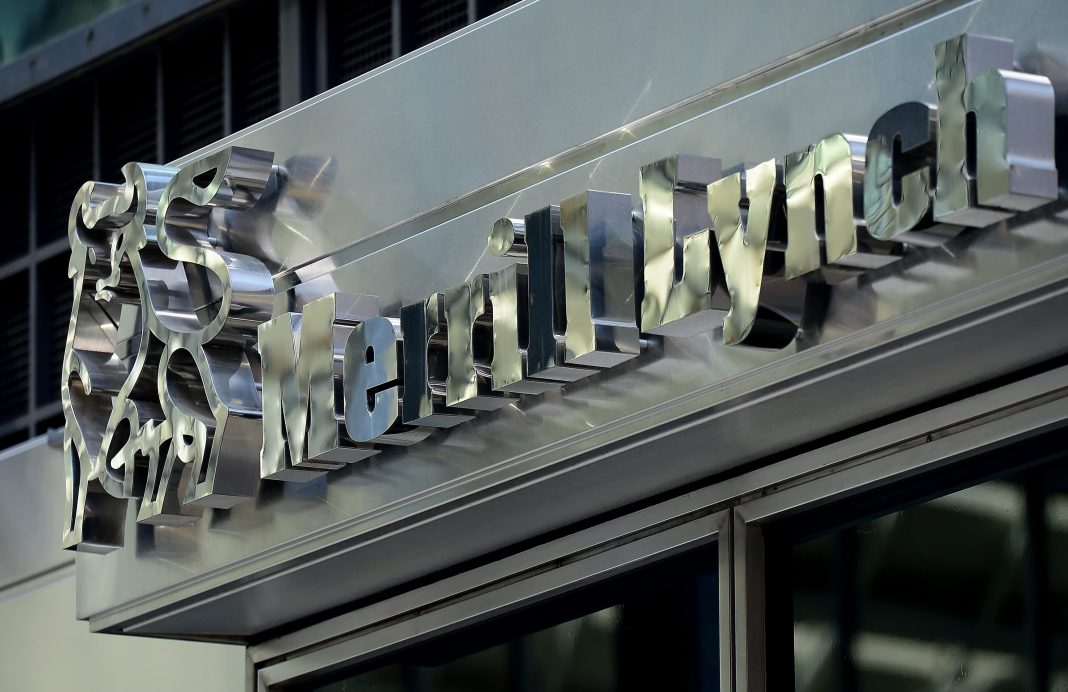In a dramatic reevaluation of its oversight practices, the Federal Aviation Administration (FAA) is taking a critical look at its relationship with Boeing, a company that has been under increasing scrutiny for safety lapses. This introspection comes on the heels of a troubling series of events, including a mid-flight incident involving a Boeing 737 Max 9 jetliner that raised alarms about the aircraft’s safety protocols. FAA Administrator Michael Whitaker shed light on these concerns during his testimony before the Senate Homeland Security and Governmental Affairs Committee on September 25, 2023.
Whitaker, who stepped into his role just a month prior, articulated a profound shift in the FAA’s approach towards overseeing aircraft manufacturing. He acknowledged that the agency has historically been “too reactive,” suggesting that its oversight model has been static and ill-equipped to adapt to the rapidly evolving landscape of aviation safety. “It needs to change as circumstances change,” he stated, emphasizing that the FAA would revisit its oversight not only for manufacturers like Boeing but across all segments of the national airspace system.
The backdrop to Whitaker’s testimony includes the FAA’s recent decision to cap Boeing’s production of 737 Max jets at 38 per month. This action, a direct response to the January 5 incident, is designed to ensure that Boeing meets six critical safety metrics before any expansion can occur. Whitaker pointedly remarked, “If they don’t grow, and if they don’t grow, they’re not going to be able to achieve profitability,” underscoring the inherent tension between safety and financial performance in the aerospace sector.
The Senate committee members did not hold back in their inquiries, particularly regarding the FAA’s potentially cozy relationship with Boeing, which may have contributed to the latter’s safety shortcomings. Senator Ron Johnson highlighted the catastrophic crashes linked to the Maneuvering Characteristics Augmentation System (MCAS) in 2018 and 2019, questioning whether the FAA had been sufficiently aggressive in its regulatory oversight. Whitaker admitted to having found that Boeing had withheld crucial safety information during the MCAS certification process, raising further questions about the integrity of their collaboration.
Moreover, Senator Josh Hawley voiced concerns about a so-called “fratty culture” that might have fostered complacency between Boeing and the FAA. This sentiment reflects a growing unease in the aviation community about regulatory capture—a situation where the regulated entity (in this case, Boeing) exerts undue influence over its regulator (the FAA). Whitaker acknowledged the importance of tough oversight and reiterated the FAA’s commitment to a robust whistleblower program to safeguard those who report safety violations.
In a revealing memo released by the Senate committee, Boeing’s alleged safety failures came to light, with the FAA identifying 97 instances of non-compliance with federal regulations and internal procedures. This document paints a troubling picture of a company under pressure to prioritize profits at the expense of safety, a theme echoed by experts in aviation safety who caution that regulatory frameworks must evolve to keep pace with industry practices.
The issue of whistleblower retaliation has also been a significant point of concern. Reports from whistleblowers alleging mistreatment after raising safety issues have added urgency to the FAA’s mission to foster a culture of safety within Boeing. Whitaker’s acknowledgment of these allegations and his commitment to involving the Department of Labor and OSHA in investigations signal a proactive stance toward ensuring a safer working environment for all airline employees.
As this narrative unfolds, it underscores a critical moment in aviation history—a call for transformation in regulatory practices that could redefine the safety standards within the industry. The FAA’s shift from a passive to a more dynamic oversight approach is not just a procedural change; it is a necessary evolution in response to past failures that have had tragic consequences. As the FAA continues its inquiry into Boeing’s safety culture, the aviation community and the public alike will be watching closely to see if these changes lead to a safer future in air travel.

